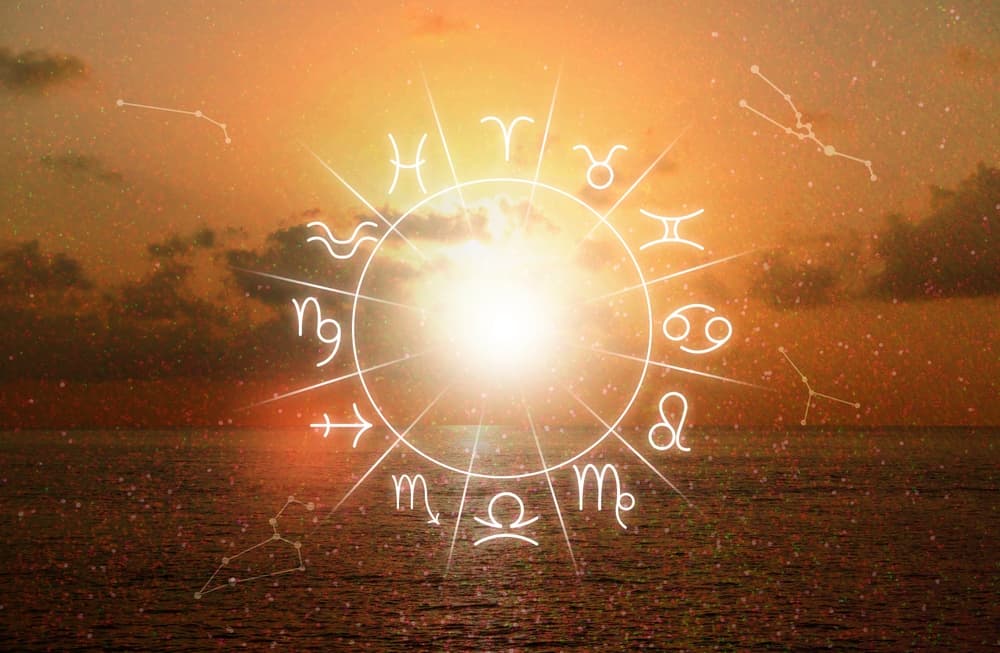Astrology: Science, art, or both? Exploring the balance between logic and intuition

Astrology vs science: Understanding their differences and connections
There is constant deliberation over how to categorise astrology. Some ask, is astrology a science. Others put the two in opposition, creating the question of astrology vs science. The answer depends on perspective. Astrology draws from several disciplines and blends them into something unique.
If you look at modern education, astrology is not taught in mainstream science courses. Yet, astrology has its foundations in careful observation of celestial bodies and mathematical calculations. Ancient sages studied the sun, moon, and planets, discovering their movements and linking them with events on earth. These observations became the basis of astrological principles, which many still follow today.
Is Astrology a Real Science
Astrology rests on patterns, cycles, and calculations, which are scientific in nature. The study of planetary movements was carried out with precision, and the conclusions were drawn after centuries of observation. The science behind astrology lies in its data-driven methods, which are used to interpret life events.
Sceptics, however, often argue that astrology cannot be classified as pure science. They believe that life’s occurrences are coincidences and not influenced by planetary positions. This tension between belief and proof keeps the astrology vs science debate alive.
Astrology, Astronomy, and Psychology
It is important to distinguish between astronomy and astrology. Astronomy studies celestial objects physically, while astrology interprets their influence on human life. Astrology uses the sciences of mathematics and astronomy but adds interpretation. This brings psychology into the picture, as astrology often connects to emotions, behaviours, and decision-making.
Even Hippocrates said, A physician without knowledge of astrology has no right to call himself a physician. This statement underlines the long-standing belief that astrology and healing are interconnected.
Astrology as the First Data Science
Astrology can be viewed as one of the earliest data sciences. It collects data about planetary positions, matches them with human experiences, and uses these algorithms to predict patterns. Just like modern data analysis, astrology seeks to bring meaning to large sets of information. This approach offers a scientific validity that many overlook.
Is Astrology Recognised by Science
The answer is both yes and no. Scientific studies have examined astrology, but many researchers categorise it as pseudoscience. This term is used for systems that combine belief with observation rather than relying only on measurable facts. Critics argue that since astrology cannot be quantified in the same way as physics or chemistry, it does not meet the full definition of science.
However, unlike most sciences, astrology is not black and white. It combines observation, calculation, intuition, and interpretation. This blend of art and science is what makes astrology timeless and complex.
The debate of astrology vs science may never end. What is clear is that astrology has always been rooted in scientific observation, while also requiring human insight and intuition. It is a blend of cosmic mathematics, psychological interpretation, and spiritual art. The combination makes astrology a field that defies strict categorisation but continues to remain deeply relevant.
Ask Agastyaa. Let AstroSure.ai bridge astrology and science for your clarity
Frequently Asked Questions about Astrology vs Science
1. Is astrology a science or an art
Astrology uses scientific principles such as mathematics and astronomy, but interpretation requires intuition and experience. This makes it both a science and an art.
2. Why do some people call astrology a pseudoscience
Astrology is called a pseudoscience because its impact cannot always be measured in physical terms. Critics argue that correlations between planets and human life are coincidental, although believers point to centuries of consistent patterns.
3. How is astrology different from astronomy
Astronomy studies stars, planets, and galaxies in physical space. Astrology interprets the influence of these celestial movements on life on earth. Astronomy is an observational science, while astrology is interpretive.
4. Who first developed astrology as a system
The Babylonians were the first to record celestial cycles around 2000 BCE. They matched planetary movements with earthly events. Later, Greek and Indian traditions developed more detailed systems that still guide astrology today.
5. How does psychology relate to astrology
Astrology and psychology overlap because astrology helps explain patterns of behaviour, emotions, and personality traits. Many use birth charts to understand inner conflicts, strengths, and growth areas, similar to psychological self-analysis.



